RMIT Accounting Educators’ Conference 2023
Monday 27 November, 2023

RMIT has a proud history of hosting this annual event for fourteen consecutive years. The conference welcomes the exchange of ideas and information about research, education, projects, practice and policies.
Held Monday 27 November 2023, the AEC conference will feature a keynote address, a panel of guest speakers and parallel sessions with accounting and education scholars. The conference provides a forum for sharing and shaping ideas, insight, and discussion on accounting education and related research that support the underlying theme of the conference.
Explore the latest research developments in accounting education
Debate the future of accounting education
Learn from the experience of others
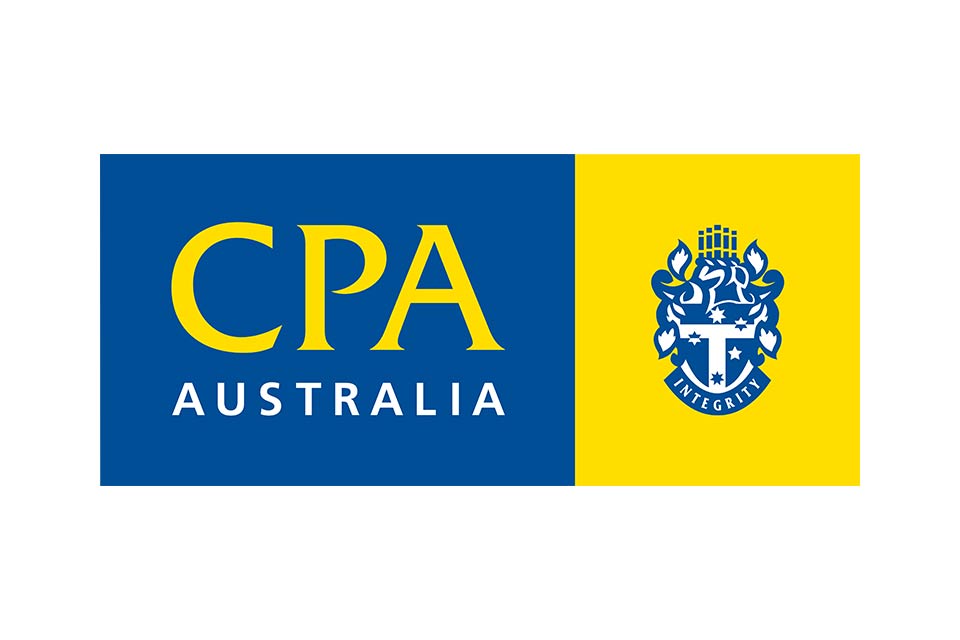
The theme of the RMIT Accounting Educators’ Conference 2023 is “Artificial Intelligence (AI) and Curriculum Change in Accounting Education".
Artificial Intelligence (AI) has fundamentally changed the way organisations and societies operate and is now at the forefront of business agendas (Saidulu & Sasikala, 2023). Data analytics and knowledge management are rapidly becoming a cornerstone of contemporary accounting operations, enabling improved efficiency, increased reach and connectedness, and empowering accounting professionals to play a broader and more strategic role (Al-Htaybat et al., 2018; Tharapos, 2022). AI has generated enormous opportunities for the profession. However, its associated risks and challenges need to be carefully managed (Davern et al., 2019). While organisations have heavily invested in digital technologies, their presence in accounting education curricula is scant and ad hoc, leaving students ill-equipped for their use (Damerji & Salimi, 2021).
Accounting educators urgently need to rethink their offerings to address the demands of industry and practice (Kend & Nguyen, 2020; Tharapos, 2022). Hence, accounting educators need to discuss AI's impact on their teaching (Wood et al., 2023). AI-based tools present educators with challenges and opportunities, and educators need to understand both. While these tools may lead to increased plagiarism and cheating, they may also offer educators opportunities to re-evaluate their assessment strategies and create more profound and significant student learning experiences. Ultimately, educators need to ensure that graduates are aware of how to use AI responsibly and ethically.

Chair of Accounting and Business Information Systems, University of Melbourne,
Member of Digital Transformation Centre of Excellence, CPA Australia

Senior Learning and Teaching Specialist
RMIT University

Director, Enterprise AI and Data Analytics Hub
RMIT University

Executive Director, Artificial Intelligence Researchers Association
New Zealand

Senior Manager
EY Oceania AI Assurance

Principal Advisor Educational Practice
RMIT University

Group General Manager (Principal) Security & Customer Data for Consumer & SMB Telstra
8.30am - 5.00pm (AEDT) followed by networking drinks
CPA Australia Melbourne Office, Level 20, 28 Freshwater Pl, Southbank
Program details TBA

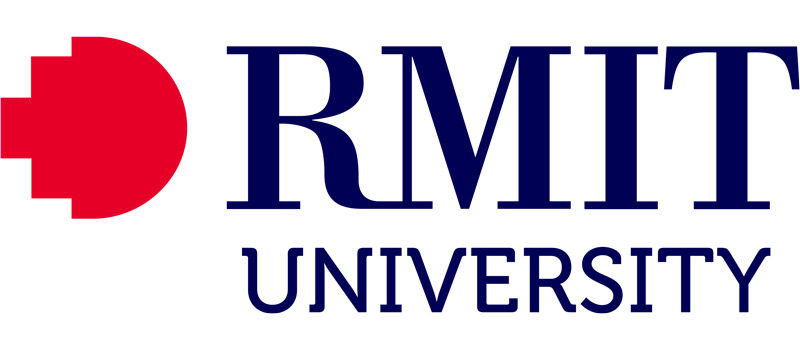
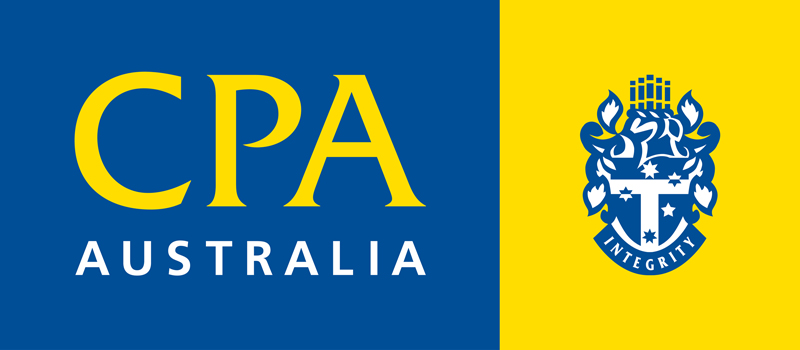
The Conference is being held in hybrid mode.
For any queries, please contact the conference convenors, Pavithra Siriwardhane and Sonia Magdziarz.
Email: aec@rmit.edu.au

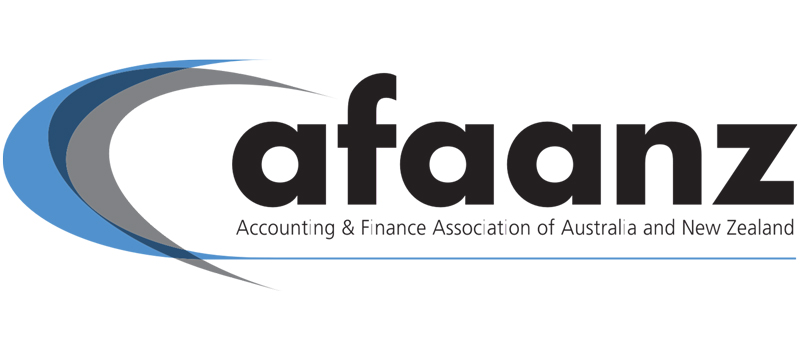
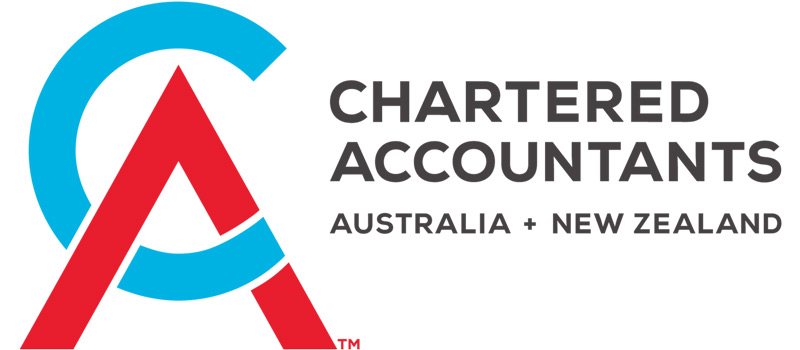
For any queries contact the AFAANZ convenors.
Email: info@afaanz.org
If you have any queries, contact info@afaanz.org
The RMIT Accounting Educators' Conference is a refereed conference dedicated to the advancement of the theory and practices of accounting education. The conference promotes collaborative excellence between members and institutions from practice and education. The aim of the Conference is to provide an opportunity for academics and professionals with cross-disciplinary interests to bridge knowledge gaps, strive for excellence in research and promote the evolution of accounting education in the development of future accounting professionals. The conference invites research papers that encompass conceptual analysis, design implementation, critiques, empirical analysis, practice, and performance evaluation.
The RMIT Accounting Educators’ Conference is held annually and was first held in 2010. Previous conference themes include:
Pavithra Siriwardhane and Sonia Magdziarz
Email address: aec@rmit.edu.au


RMIT University acknowledges the people of the Woi wurrung and Boon wurrung language groups of the eastern Kulin Nation on whose unceded lands we conduct the business of the University. RMIT University respectfully acknowledges their Ancestors and Elders, past and present. RMIT also acknowledges the Traditional Custodians and their Ancestors of the lands and waters across Australia where we conduct our business - Artwork 'Sentient' by Hollie Johnson, Gunaikurnai and Monero Ngarigo.
Learn more about our commitment to Indigenous cultures